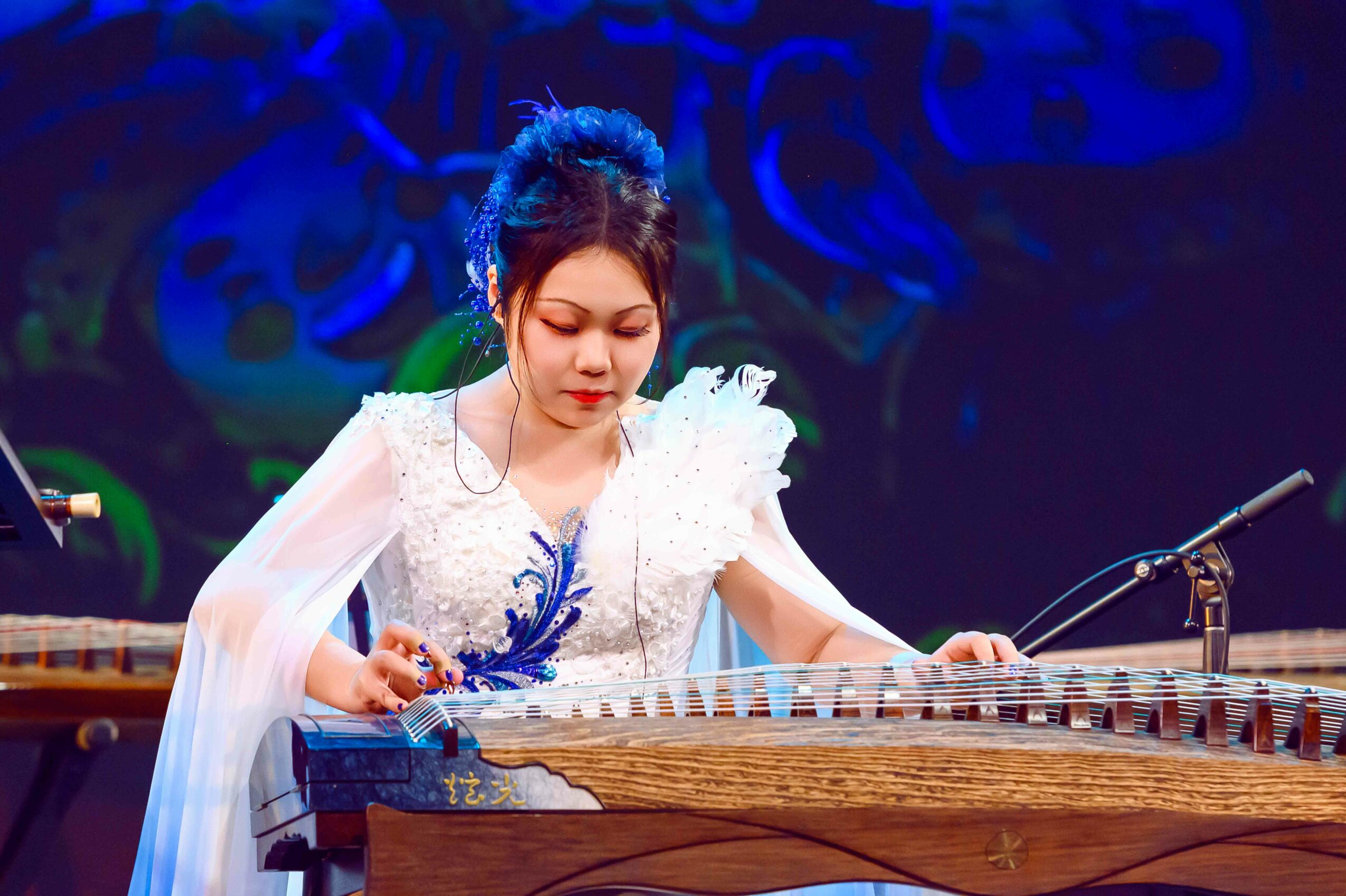

Today we’d like to introduce you to YAO LU
Hi YAO, so excited to have you with us today. What can you tell us about your story?
I started learning the bamboo flute when I was a child, and later picked up the guzheng as I grew older. What drew me in first was the bamboo flute — its bright, resonant tone felt alive and full of spirit. Over time, I realized that music was more than technique for me; it became a way to express emotions and build cultural bridges.
I graduated from the Shanghai Theatre Academy, where I studied bamboo flute with Professor Zhan Yongming and guzheng with Professor Wu Yang. Under their mentorship, I came to understand that music is a living form of culture — one that deserves respect, but also constant reinterpretation.
After moving to Atlanta, I noticed that many people had little to no exposure to traditional Asian instruments. I felt a strong calling — if we don’t actively share these sounds, they risk fading away. That’s what led me to start Magic Eastern Music Studio, and later form Magic Eastern Ensemble, a nonprofit performance group dedicated to bringing these instruments into broader public awareness through performances, education, and community collaboration.
Over the past few years, we’ve performed at many of Atlanta’s major arts festivals, schools, and cultural events, and gradually built deeper connections with the community. To me, this journey isn’t just about “preserving tradition” — it’s about creative exploration. It’s about letting traditional instruments speak in a modern context, and empowering young people to find their own voice through these ancient sounds.
I’m sure it wasn’t obstacle-free, but would you say the journey has been fairly smooth so far?
It definitely hasn’t been a smooth road — but every step has been meaningful.
One of the biggest challenges has been simply being seen. Instruments like the guzheng and bamboo flute are still unfamiliar to many people in the U.S., especially outside of academic or cultural circles. So our work isn’t just about performing — it’s also about storytelling. We try to help people understand where these instruments come from, why they’re beautiful, and how they can still speak to the world we live in today.
Another ongoing challenge is finding a balance between preserving cultural authenticity and creating something new. I want to stay true to my roots, but I also want to give these instruments room to grow — whether that means cross-genre collaboration, using MIDI technology, or presenting performances in a more contemporary and accessible way.
Building a nonprofit performance group from scratch means constantly dealing with things beyond music: event planning, community outreach, grant writing, marketing, and internal communication. From limited funding to questions like whether we’re reaching diverse audiences, whether our performances resonate the way we hope, or if there will be new students interested in learning these instruments — these are all real concerns. There have been moments of exhaustion and self-doubt.
But then there are those moments — when someone in the audience hears the sound of a guzheng or bamboo flute for the very first time and their face lights up with wonder. Or when a student says, “I didn’t know this instrument could be this cool.” That sense of connection is very real.
And it’s in those moments that every struggle feels worth it.
Alright, so let’s switch gears a bit and talk business. What should we know about your work?
We’d love to learn more about your work. What do you do, what do you specialize in, what are you known for, etc. What are you most proud of? What sets you apart from others?
I’m a performer, educator, and founder of Magic Eastern Ensemble, a nonprofit music group based in Atlanta. My work centers around traditional Chinese instruments — especially the bamboo flute and guzheng — and reimagining how they can be experienced by modern audiences.
What I specialize in is more than performance — it’s storytelling through sound. I bring ancient instruments into contemporary spaces, whether that means playing at major festivals, collaborating with schools and local artists, or integrating technology like MIDI into live performances. I also serve as a judge for international music competitions, which gives me a platform to help shape and elevate the next generation of musicians.
What I’m most proud of is building a community where cultural exchange happens naturally — where someone from a completely different background can fall in love with the sound of a guzheng, or where a child hears the bamboo flute for the first time and lights up with curiosity.
What sets me apart is that I don’t just “present” culture — I live it, adapt it, and invite others into it. I approach tradition not as something fragile that needs protection, but as something alive that wants to evolve. Through this lens, I hope to make traditional music more visible, relatable, and inspiring — especially for young people growing up in multicultural communities like Atlanta.
We’d love to hear about any fond memories you have from when you were growing up?
One of my favorite childhood memories is sitting by the window in the late afternoon, practicing the bamboo flute. The sunlight would stream through the window, casting soft golden light on the floor, and the sound of the flute would gently float through the house.
I remember one particular day when I wasn’t in the best mood. But as I focused on the piece I needed to prepare for my teacher, I gradually forgot whatever had upset me. The music pulled me in, and by the end of the practice session, the bad mood had completely disappeared.
Back then, I didn’t really understand what “the meaning of music” was. I just enjoyed the feeling — it was quiet, simple, and beautiful. Sometimes I would even get a little playful, using speed or certain techniques to reflect how I was feeling that day.
Looking back, I think it was those seemingly small, ordinary moments that laid the foundation for my deep and lasting connection with sound. And of course, I’ve always loved being on stage. The stage is unpredictable — full of surprises and challenges — and that’s what makes it so alive, so fascinating.
Even now, when I perform or teach, I sometimes think back to that window, that peaceful golden light, and try to bring that same sense of calm, curiosity, and focus into everything I do.
Contact Info:
- Website: https://www.magiceastern.org
- Instagram: https://www.instagram.com/magiceasternensemble
- Facebook: https://www.facebook.com/magiceasternensemble
- LinkedIn: https://www.linkedin.com/in/yao-lu-649568145/
- Twitter: https://x.com/louiseluyao0831
- Youtube: https://www.youtube.com/@yaolu
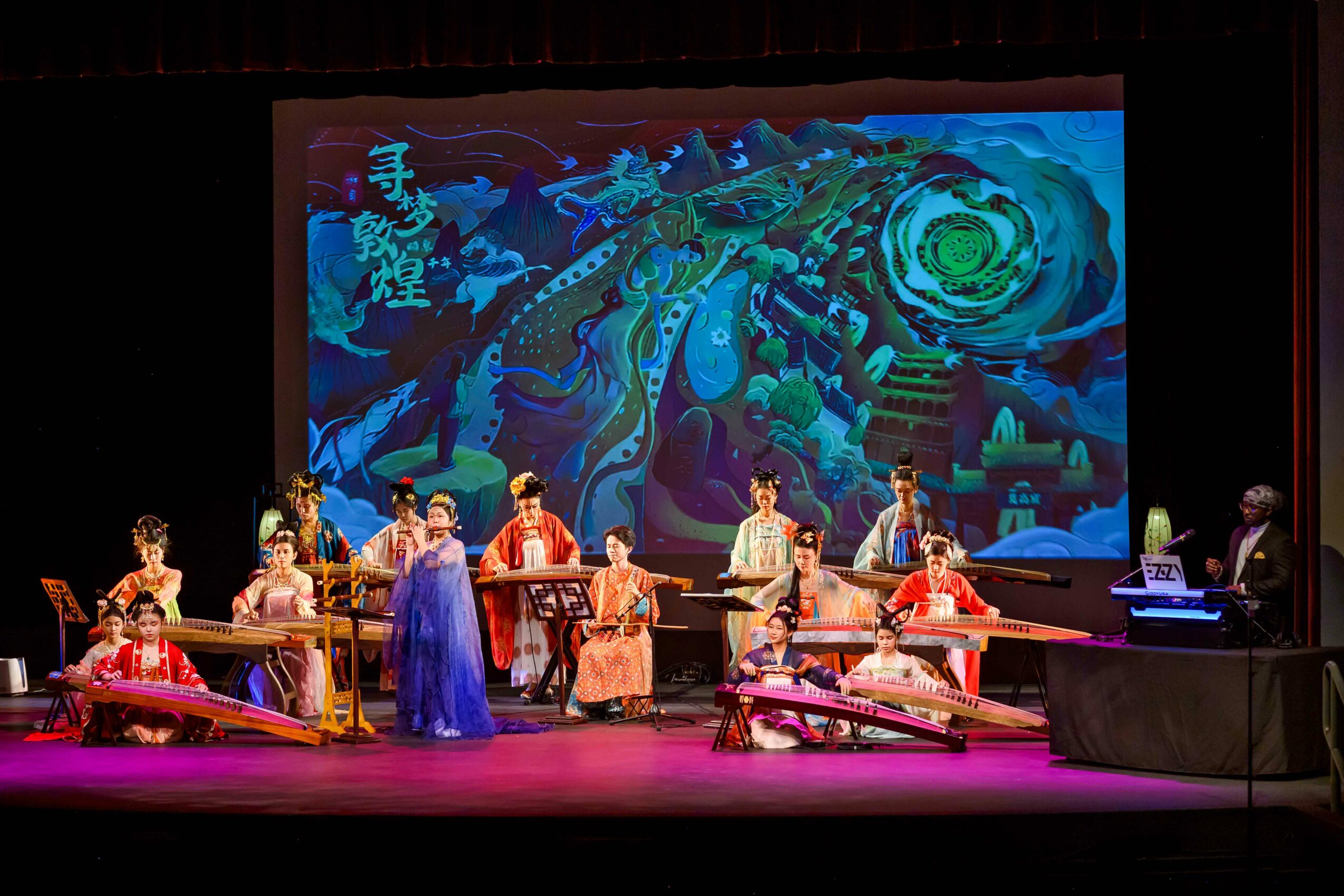
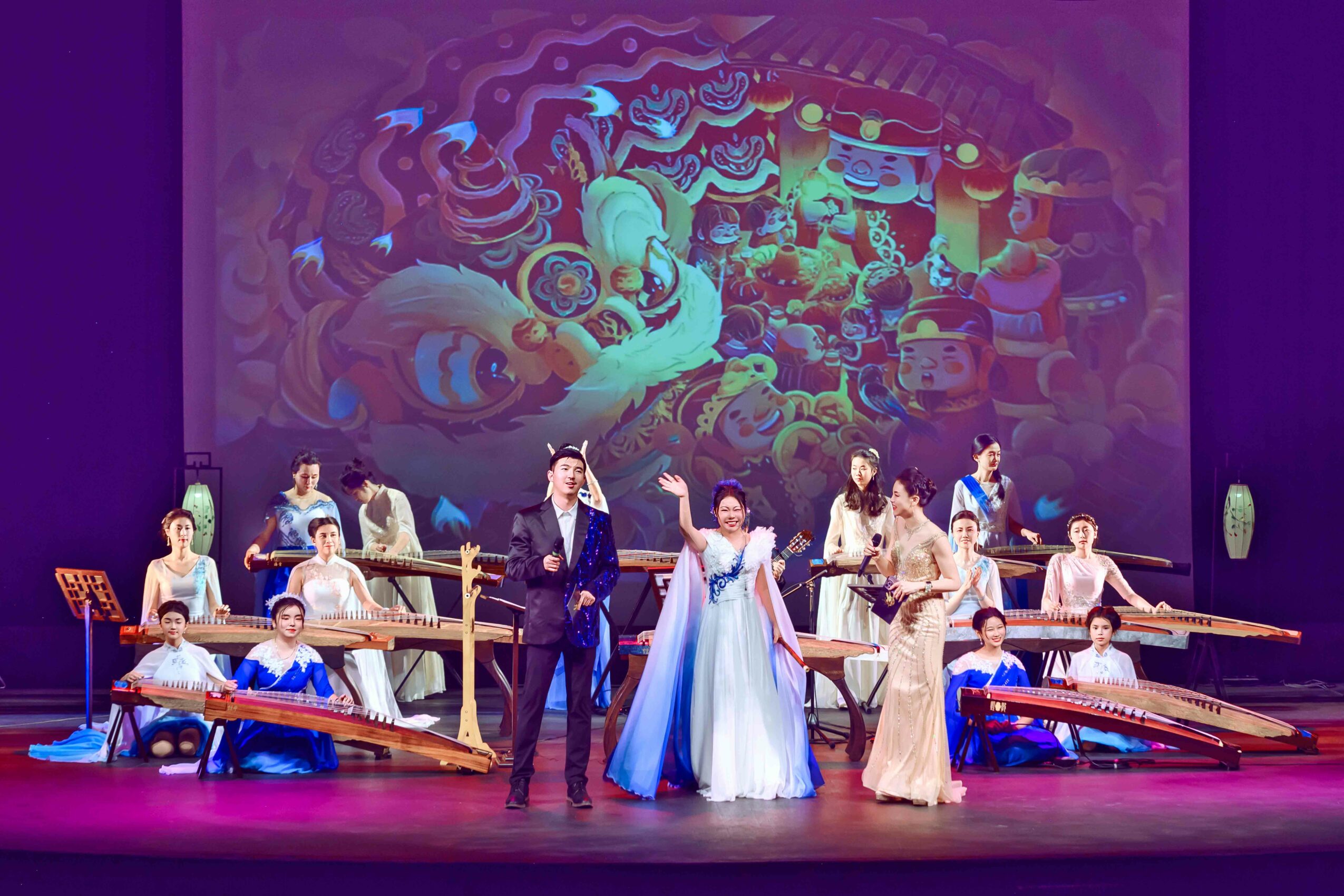
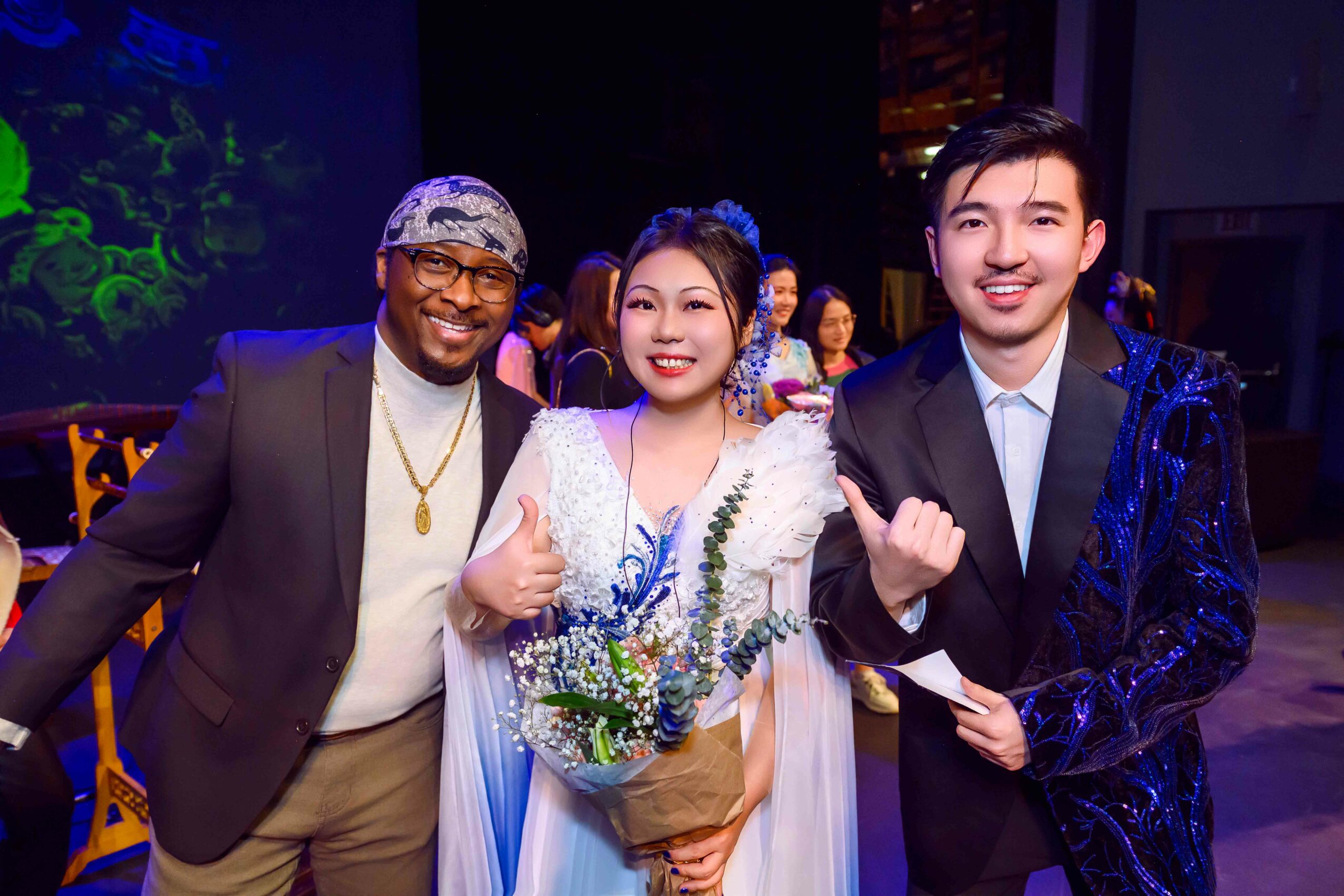
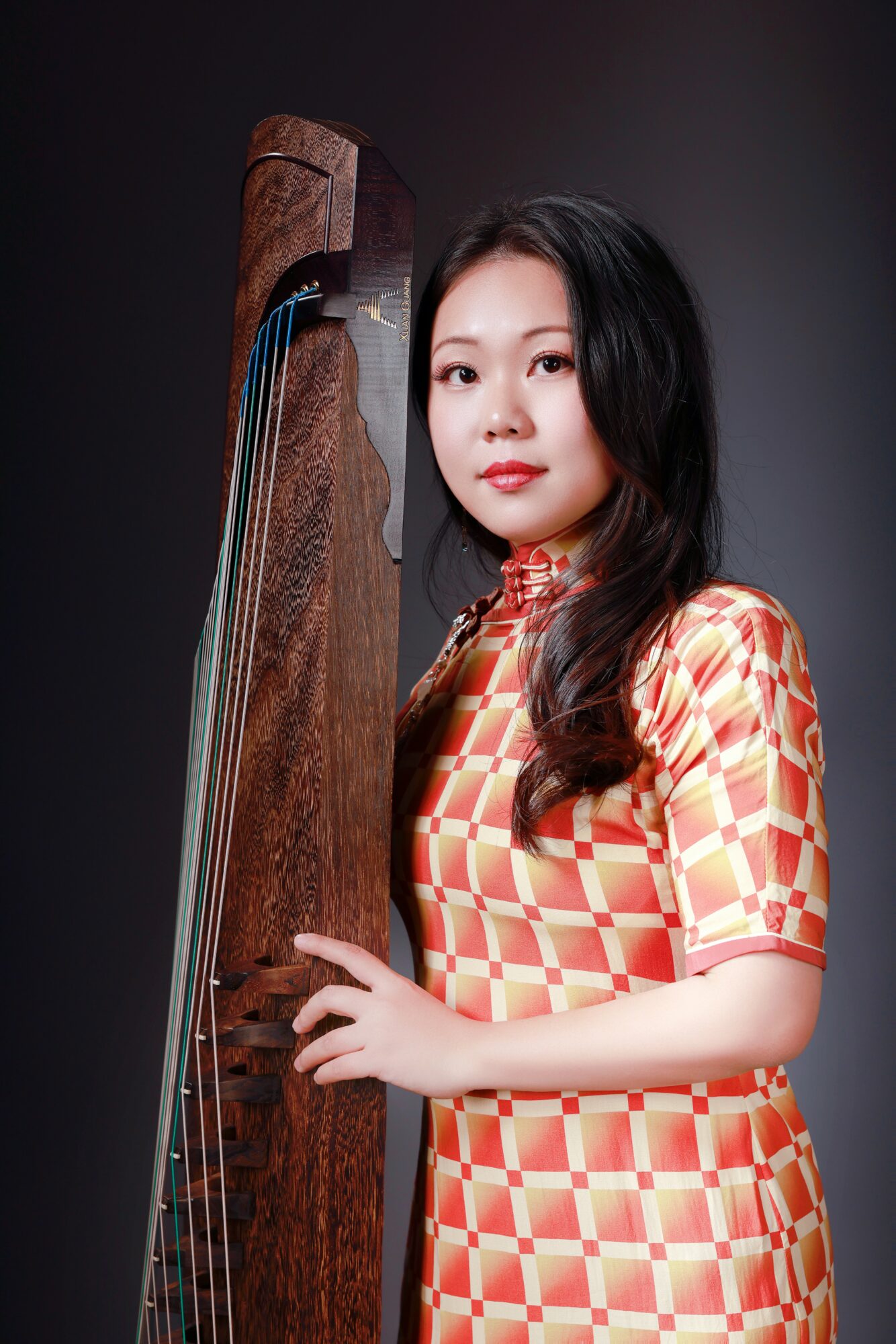
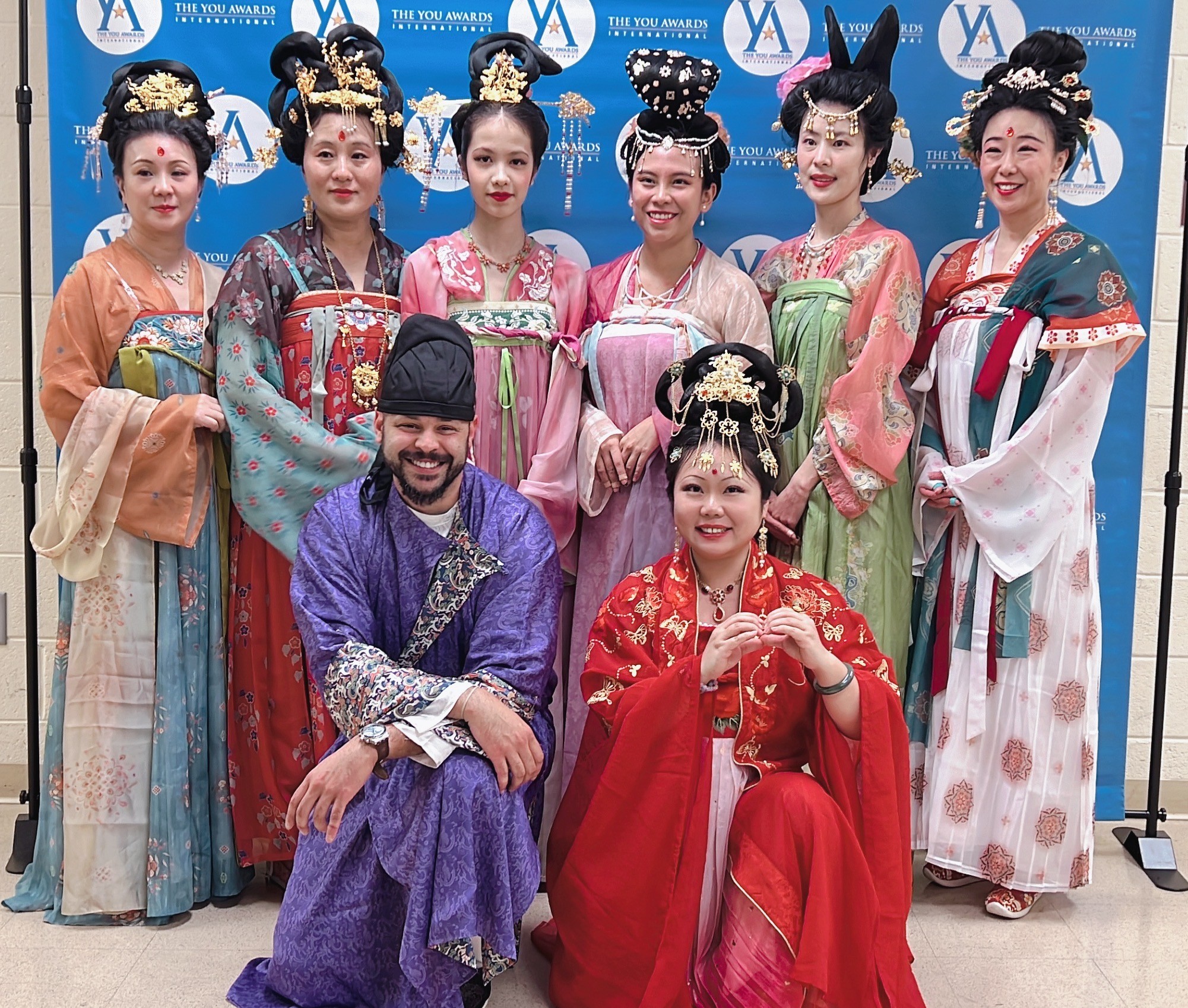
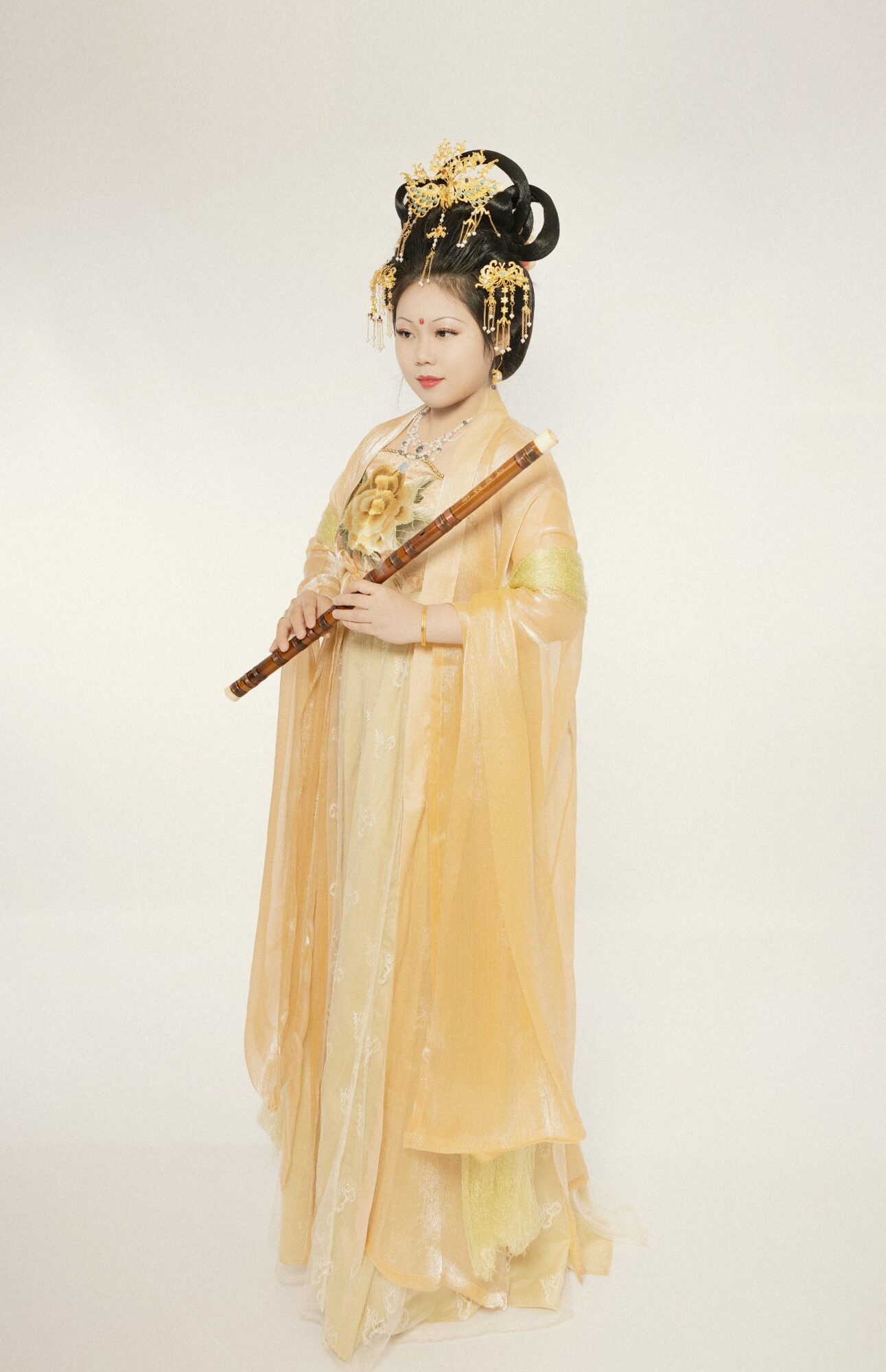
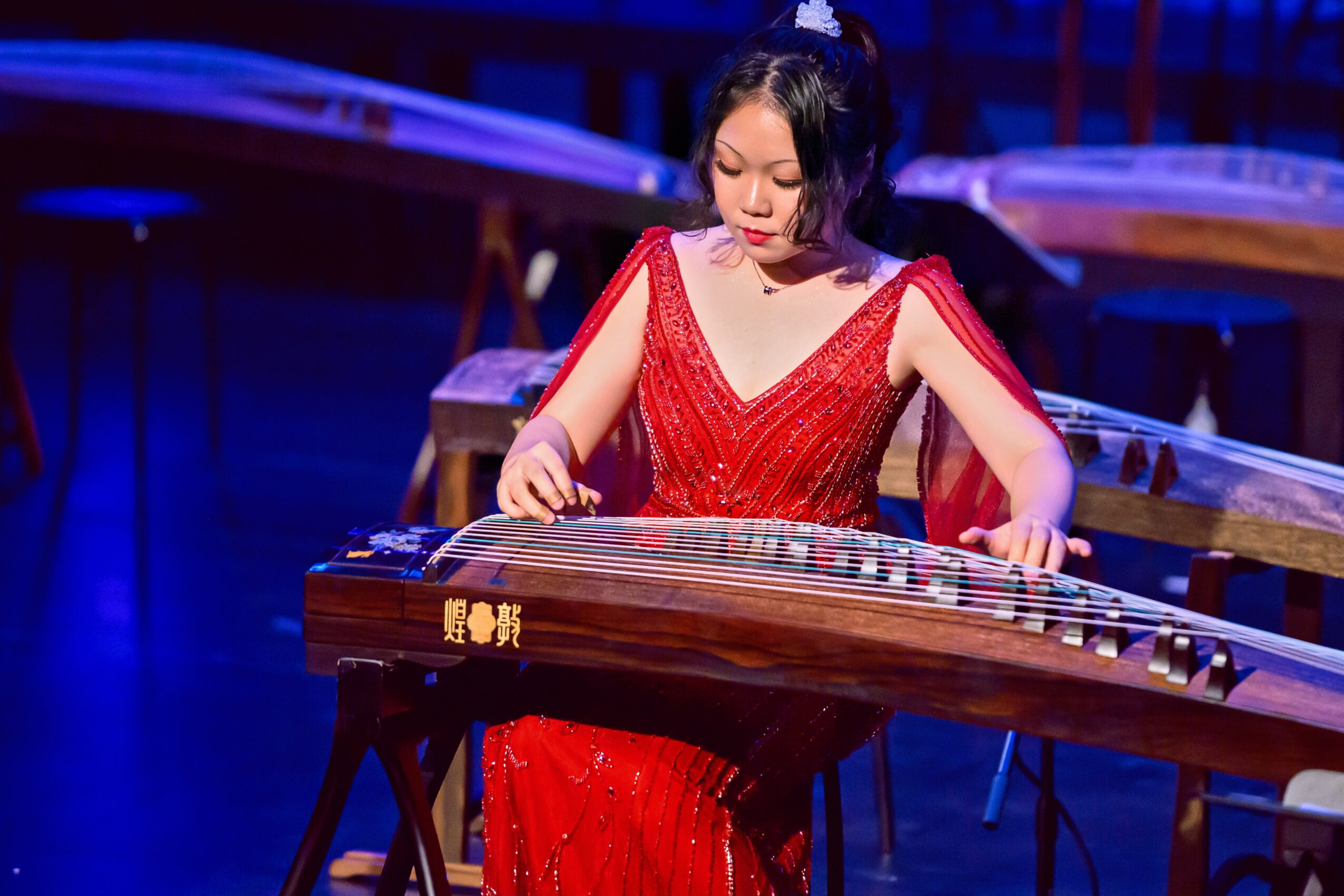
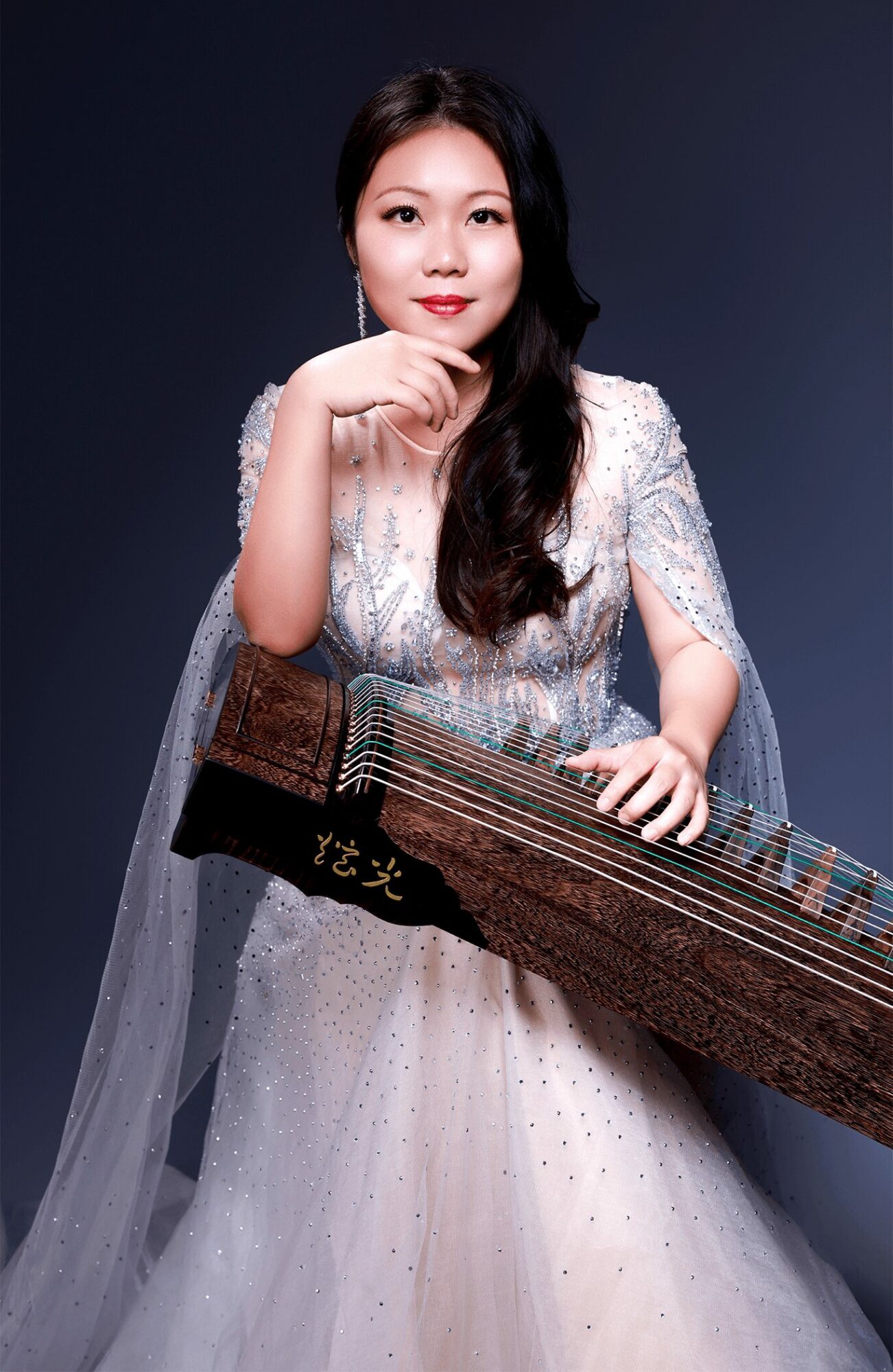
Image Credits
Peng Zhou
Boon Vong













